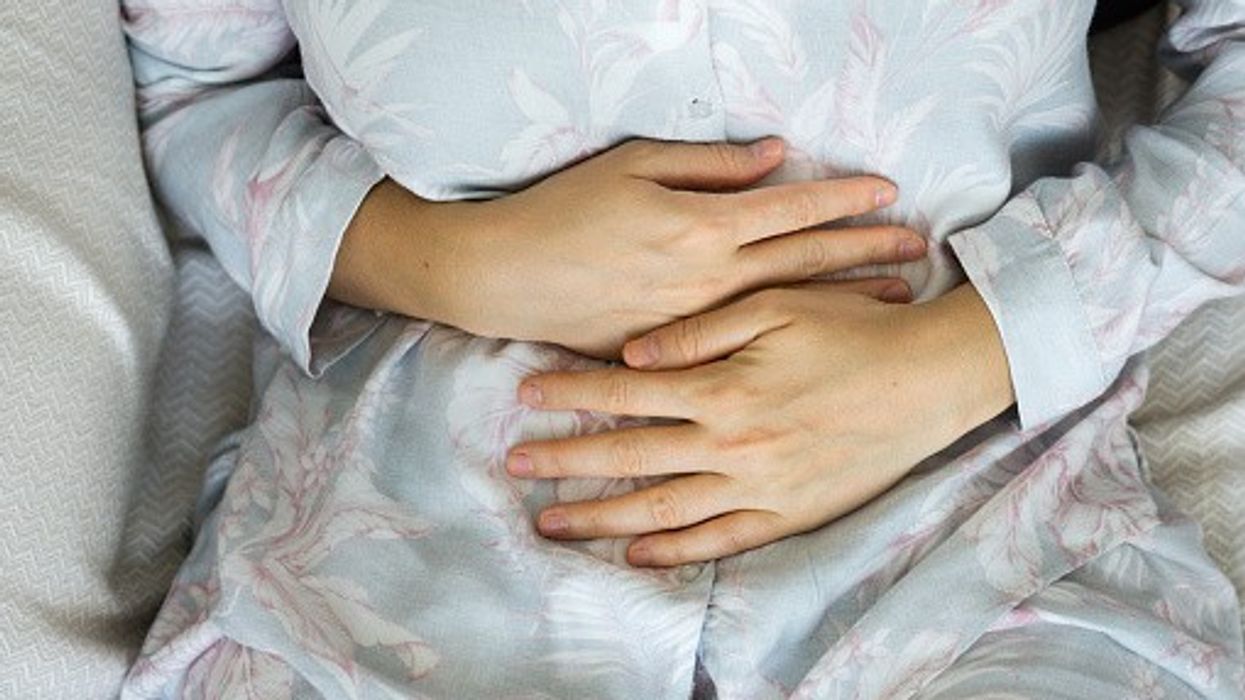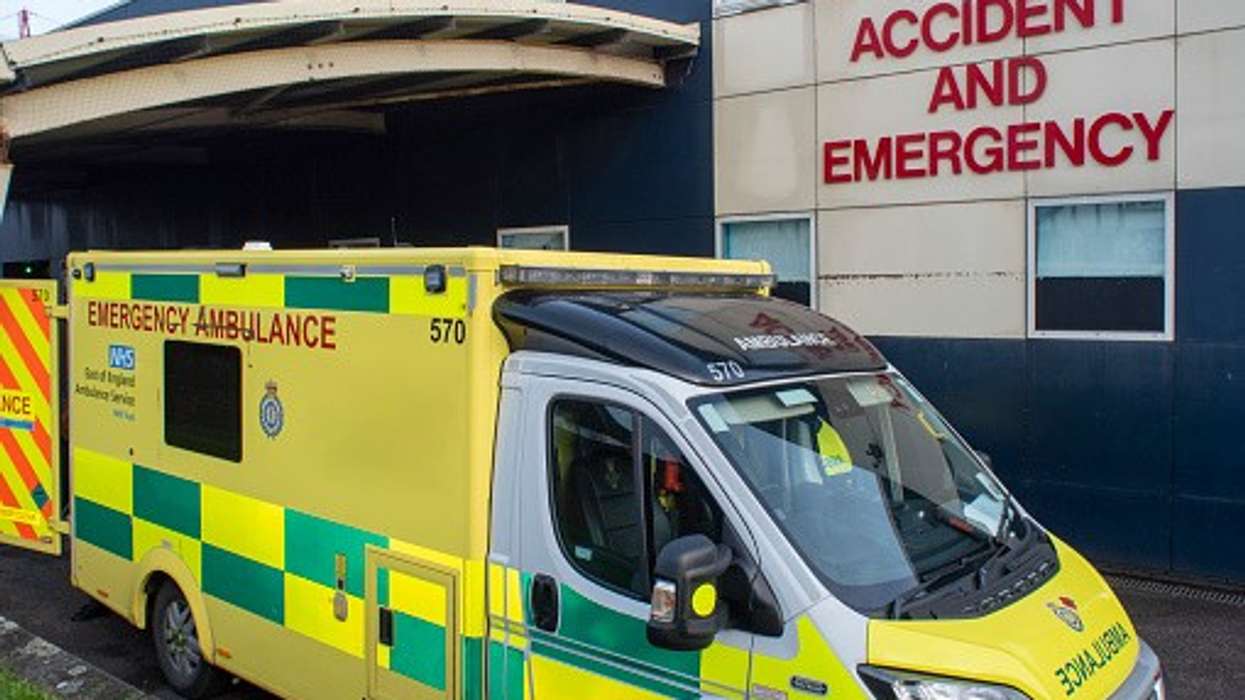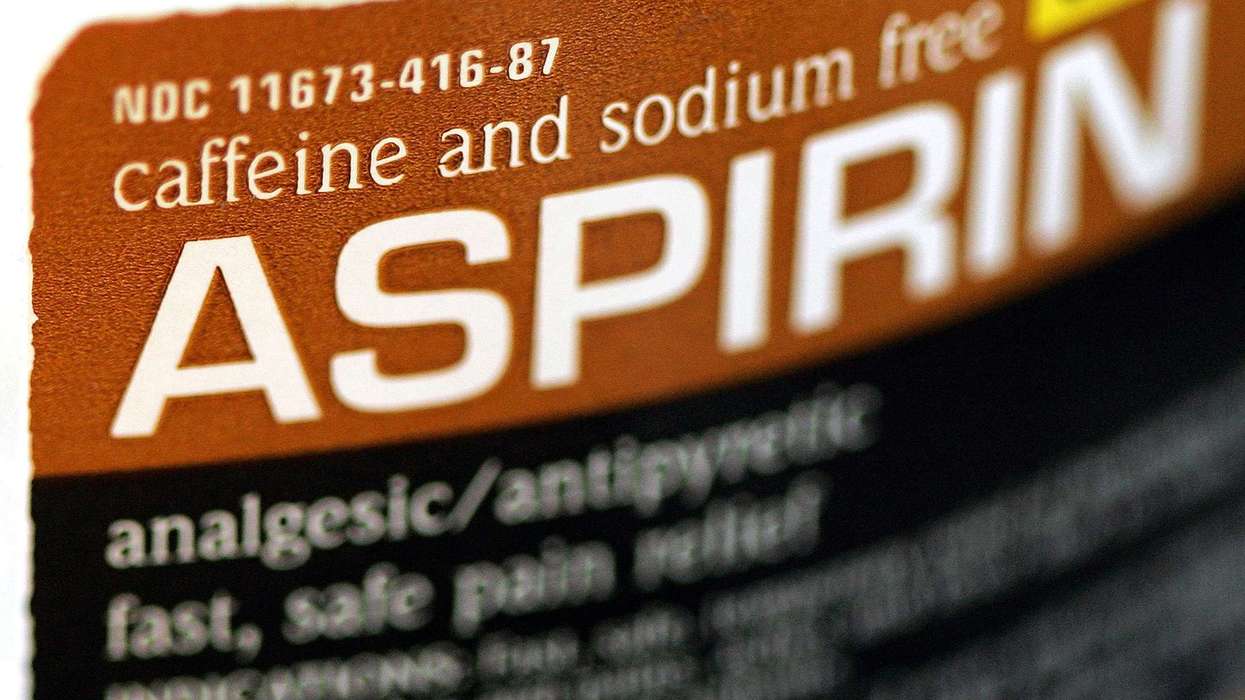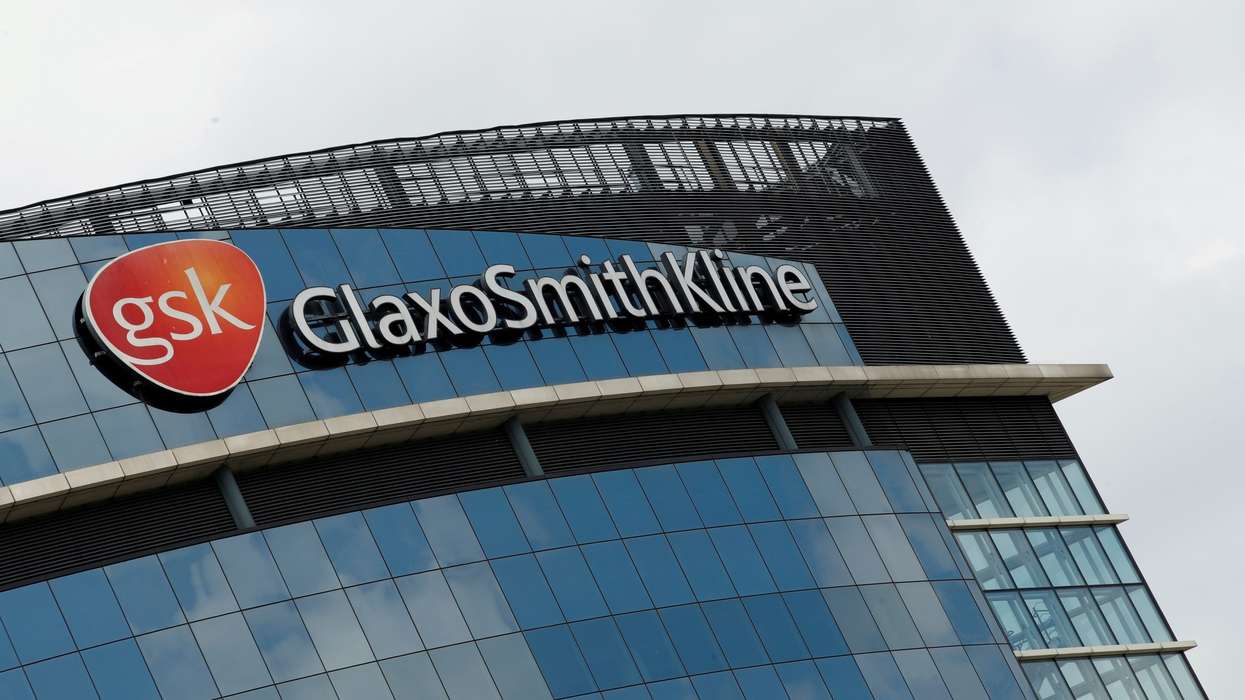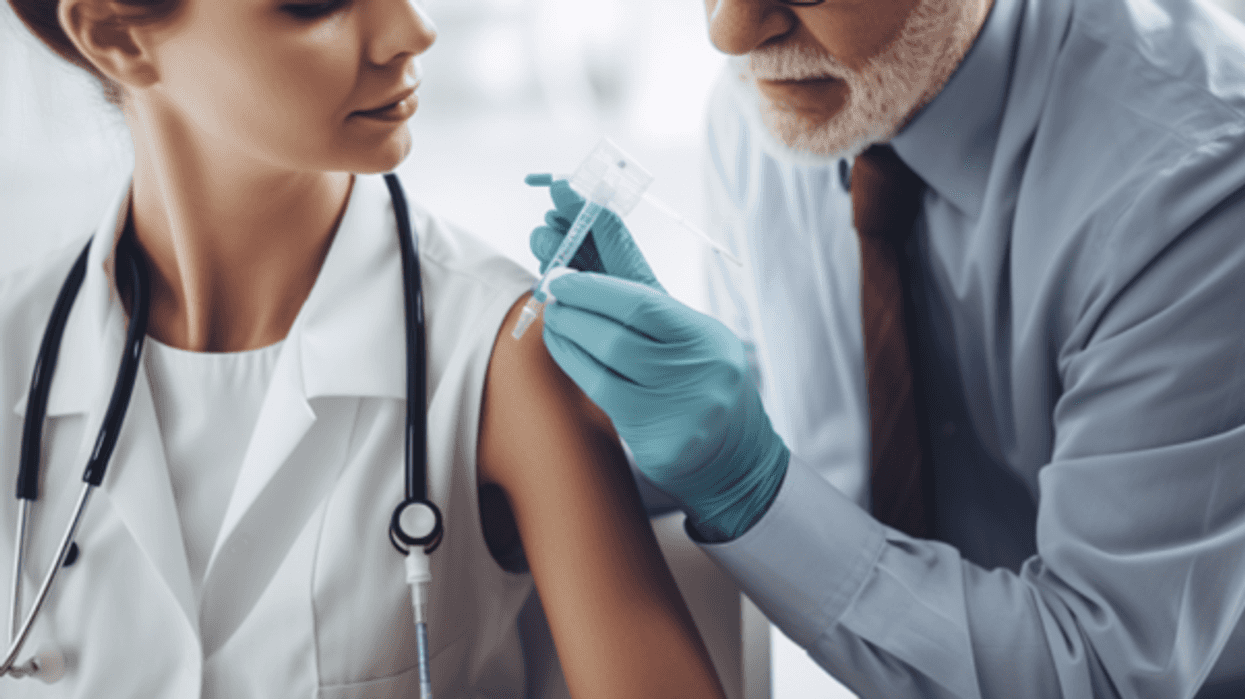Women with reproductive health conditions wait years for treatment and in many cases face trauma-inducing procedures
There’s a “clear lack of awareness and understanding” of women's reproductive health conditions such as endometriosis, adenomyosis and heavy menstrual bleeding among primary healthcare practitioners, despite their widespread prevalence in the UK, according to a new report by the Women and Equalities Committee (WEC).
This is causing considerable delays in diagnosis and treatment, leaving women and girls to “suck it up” and endure pain and discomfort, it stated.
The report identifies pervasive stigma associated with gynaecological and urogynaecological health, a lack of education and ‘medical misogyny’ as factors contributing to poor awareness of these conditions.
Labour MP Sarah Owen, chair of the Committee, said: “Our inquiry has shown misogyny in medicine is leaving women in pain and their conditions undiagnosed.”
“Women are finding their symptoms dismissed, are waiting years for life changing treatment and in too many cases are being put through trauma-inducing procedures. All the while, their conditions worsen and become more complicated to treat.”
Owen highlighted the high prevalence of these conditions, noting that “up to one in three women live with heavy menstrual bleeding, one in ten have a condition such as endometriosis or adenomyosis.”
Key recommendations for improvement
The WEC outlined several urgent recommendations to address these issues:
Training for healthcare practitioners
The NHS should urgently implement a training programme to improve the experience of accessing treatment and diagnosis for women and girls with reproductive ill health.
Owen suggested that improving early diagnosis, including follow-up appointments, should be a key performance indicator for the Women’s Health Strategy for England.
Increased funding for training
The Department of Health and Social Care (DHSC) should set out plans to improve the accessibility and take up of professional development in women's reproductive health conditions among practitioners in primary care, including increased funding for training and protected time for GPs to undertake it.
The government should also explore ways to incentivise healthcare professionals to specialise in women's reproductive health, including making obstetrics and gynaecology a mandatory rotation in training.
Mental health support
Women and girls with suspected or diagnosed reproductive health conditions should be offered specialist mental health support.
Keeping practitioners informed
The NHS should ensure that healthcare practitioners remain up to date with the full range of diagnostic and treatment options available for reproductive health conditions. Patients should also be fully informed about their options.
Comprehensive education
The committee also raised concerns that menstrual health education in schools is “insufficient and inconsistent”, often delivered too late to be of use.
It found that girls are leaving school without understanding what constitutes a ‘normal’ period, unequipped to spot the symptoms of reproductive health conditions.
The report calls for:
- Effective training for teachers delivering menstrual and gynaecological health education.
- Information to be delivered around the time most girls first experience menstruation.
- Boys to be educated about female reproductive health conditions, with an emphasis on intersectional differences.
Prevent misinformation
The report cautioned about women and girls using online spaces to seek help. It recommends that the NHS and other trusted sources become the first port-of-call to prevent misinformation. The NHS website, app, and social media platforms should be comprehensive, accessible, inclusive, and highly visible.
Investing in women’s health hubs
The expansion of the women’s health hub model was identified as a potential key step towards providing integrated care to effectively support women experiencing reproductive health conditions.
The committee urged the government to allocate long-term, ring-fenced funding and resources to embed and develop the hub model, including increased provision of ultrasound facilities that can aid diagnosis.
Studies cited in the report suggest that increased funding for gynaecology could yield a significant return on investment.
Supporting research and reducing diagnosis delays
The WEC also called for increased funding to support research into the causes, diagnosis, and treatment of women’s reproductive health conditions. It recommended NHS England and research bodies explore ways to attract more clinical researchers to this field.
The report specifically urged the government to reduce the waiting times for an endometriosis diagnosis to under two years by the end of this Parliament and to improve the understanding and treatment of heavy menstrual bleeding within the same period.








